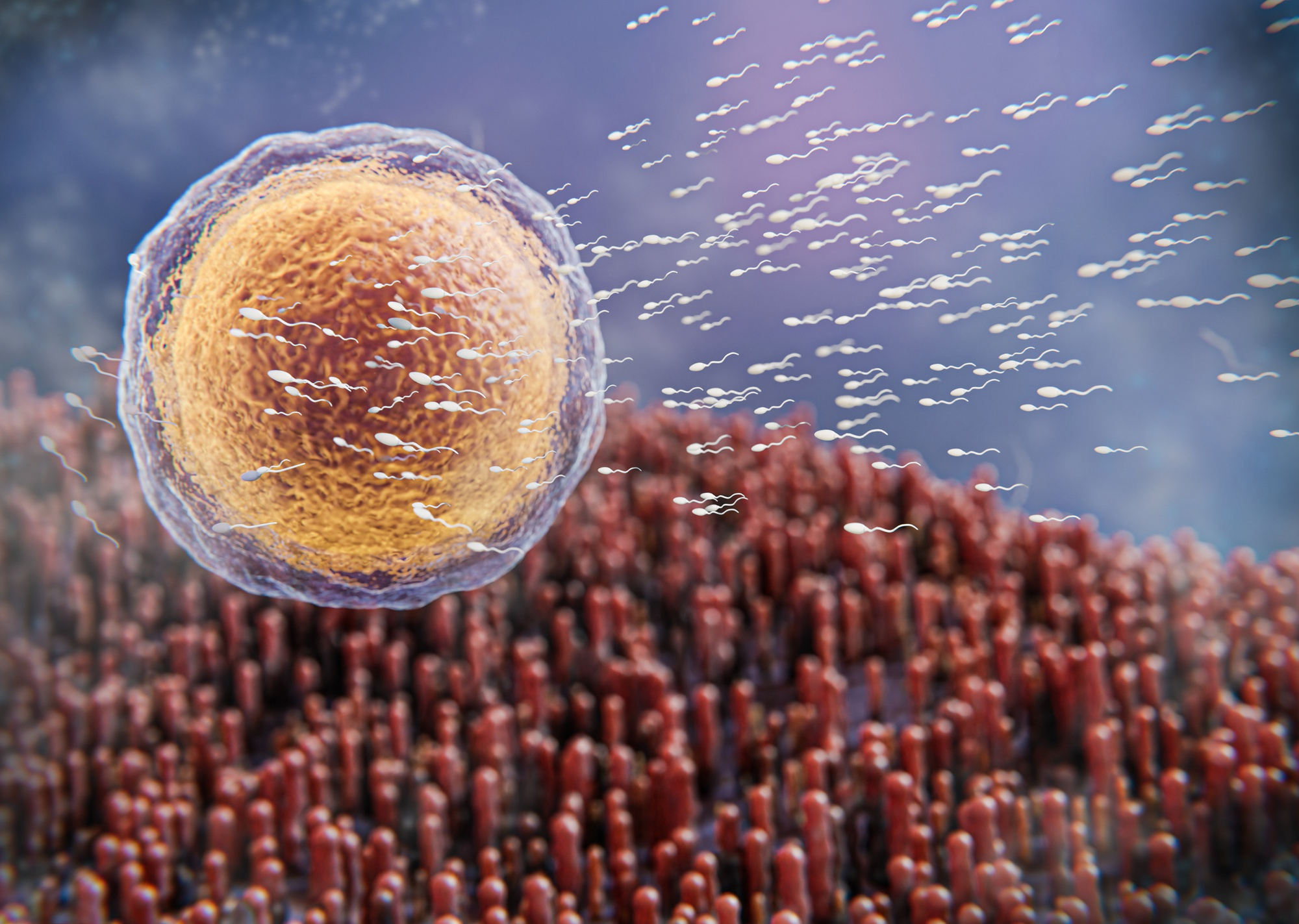In the journey towards parenthood, understanding the various medical options available can be overwhelming. Tips, tricks, and guides can significantly aid in making informed decisions. NewHopePoints is dedicated to providing support and information to help you achieve your dream of having a baby. But knowing which fertility treatment is right for you can be challenging, especially when terms like ICSI and IVF come into play.
How Is ICSI Different from IVF?
Intracytoplasmic Sperm Injection (ICSI) and In Vitro Fertilization (IVF) are both advanced reproductive technologies, but they differ in their procedures. In IVF, eggs are retrieved from the ovaries and fertilized by sperm in a lab dish. The fertilized eggs (embryos) are then transferred to the uterus. The fertilization occurs naturally, with sperm penetrating the egg without assistance.
ICSI, on the other hand, involves the direct injection of a single sperm into an egg. This method is particularly useful when there are issues with sperm quality or quantity, making it difficult for fertilization to occur naturally. By bypassing potential barriers to fertilization, it can offer a solution for couples facing male infertility.
Is ICSI More Successful Than IVF?
The success rates of ICSI and IVF depend on various factors, including the age of the woman, the quality of the eggs and sperm, and the underlying fertility issues. Generally, ICSI is recommended for couples with severe male infertility issues, as it directly addresses these challenges. Studies have shown that it can be as successful as, or even more successful than, traditional IVF in such cases.
However, for couples without male infertility problems, IVF and ICSI have similar success rates. It’s essential to consult with a fertility specialist to determine the most suitable treatment based on your specific circumstances.

What Are the Disadvantages of ICSI?
While ICSI has proven to be a breakthrough in overcoming male infertility, it does come with potential drawbacks:
- Higher Costs: It is generally more expensive than traditional IVF due to the additional laboratory procedures involved.
- Potential for Genetic Issues: Since it bypasses the natural selection process of sperm, there’s a slightly increased risk of passing on genetic abnormalities. Preimplantation genetic testing can help mitigate this risk.
- Invasive Procedure: The process of injecting sperm directly into the egg requires skilled technicians and precise equipment, which can add to the complexity and cost of the procedure.
How Much Does ICSI Cost?
The cost of ICSI can vary widely depending on the location, clinic, and specific circumstances of the treatment. On average, the additional cost of it on top of a standard IVF cycle can range from $1,000 to $2,500. This does not include other associated costs such as medications, consultations, and additional laboratory tests, which can significantly increase the overall expense.
Which Is More Costly: IVF or ICSI?
When comparing costs, it is typically more expensive than standard IVF. The additional laboratory work and specialized techniques required for ICSI contribute to its higher price. However, for couples with severe male infertility, the higher cost of ICSI may be justified by its potential to increase the chances of successful fertilization and pregnancy.
Conclusion
Understanding the differences, success rates, and costs associated with both is crucial for making informed decisions about fertility treatments. While ICSI can offer a viable solution for couples facing male infertility, it is generally more costly and comes with specific risks. NewHopePoints is here to provide support and guidance, though it’s important to note that we do not offer ICSI or IVF treatments. Our focus is on surrogacy, providing comprehensive services for intended parents and surrogate mothers through our surrogacy process, clinics, and agencies.
